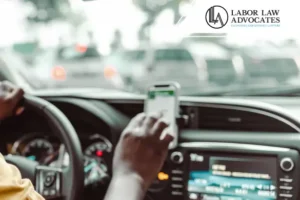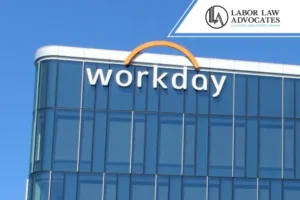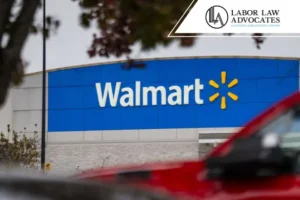In a surprising turn of events, a judge from the Ninth Circuit Court of Appeals in the United States harshly criticized a lower court’s decision to dismiss a racial discrimination lawsuit against Uber Technologies Inc.
The case, filed by plaintiff Thomas Liu, accuses Uber of unfair policies toward drivers with low passenger ratings, claiming underlying racial bias.
During oral arguments in San Francisco, Judge Jennifer Sung questioned the “legal error” made in prematurely dismissing the case due to a lack of statistical evidence of bias. According to Sung, crucial information to assess potential bias is in Uber’s hands, including the racial composition of its workforce and those who were terminated.
Uber’s attorney, Andrew Spurchise, argued that the plaintiff did not present statistical disparity in the treatment of drivers and argued against allowing discovery based on mere possibilities. Uber, which uses a rating system from one to five for its drivers, deactivates those who do not maintain high scores.
Thomas Liu, of Asian-American descent, claimed in the lawsuit that he was deactivated when his rating dropped below 4.6. Liu contends that non-white drivers are more likely to receive low ratings, thus violating anti-discrimination laws such as Title VII of the Civil Rights Act of 1964 and California laws.
U.S. District Judge Vince Chhabria dismissed the case last year, stating that there was no plausible allegation of statistical disparity. Shannon Liss-Riordan, Liu’s attorney, argued that Chhabria set too high a standard by requiring statistical data so early in the process.
The U.S. Equal Employment Opportunity Commission supports Liu, emphasizing in a third party report that the racial discrimination lawsuit against Uber should have survived. Citing research suggesting bias in customer ratings, the Commission believes Liu’s presented evidence is sufficient to establish a plausible case.
Liu’s case against Uber continues to generate controversy and underscores the importance of addressing racial discrimination claims in the era of ride-sharing apps. The final decision of the U.S. Court of Appeals will have significant implications for the industry and could set a precedent in the fight against workplace discrimination.




